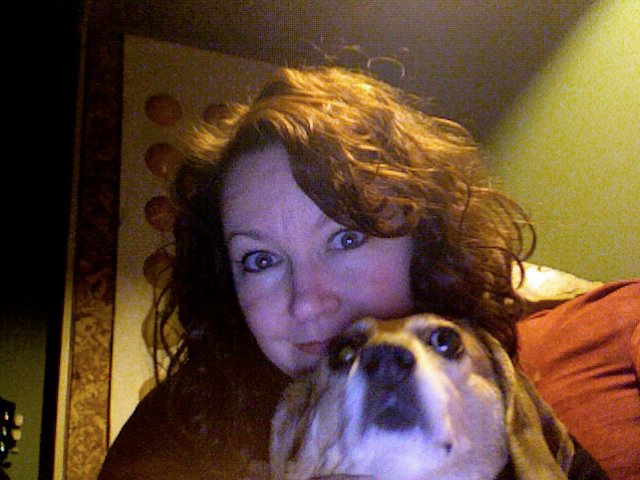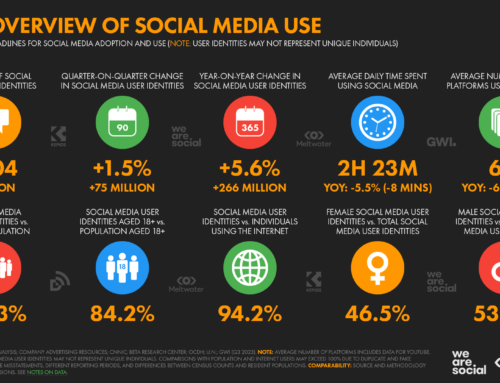Think because your organization caters to seniors, you don’t need social media? Think again! Kerry Barnes explains how her organization used Facebook to create buzz about their community as well as keep family members informed. Added bonus: computer use has increased among their residents. ~Kivi
Guest Post by Kerry A. Barnes, Director of Development and Community Relations at Longview.
I’m the director of development and community relations for a senior living community in the Finger Lakes region of New York. One of my biggest tasks is increasing awareness of our beautiful community and all it offers, and one of the ways I seek to do this is through using social media.
When I started in my position two years ago, I decided we’d set up a Facebook page, more or less just for a lark. I was pretty familiar with using social media for my own personal purposes, but I wasn’t quite sure what role it could play in marketing a senior community.
We’re fortunate in that we have an extensive daily list of events and programs for our seniors; the day’s agenda makes for an easy status update. Before long, we added photos of special events and happenings, making sure to post those pictures within hours of the event.
Our Facebook page started getting comments such as, “Wow, this reminds me of the daily schedule on the cruise I recently took!” and “Hey- look at Dad! Glad to see you’re getting out and taking part of things!” We had stumbled upon a great way to keep family members informed of what their loved ones were doing, without being invasive or overbearing.
Recently, I’ve become aware of increased computer use amongst our residents, including social media. I’m currently gathering data to back up my claims that the vast majority of our residents are regular and savvy computer users, contrary to the popular image of seniors being befuddled by technology. I think there are several reasons for this:
- The technology has become easier to use. Software and devices have become more intuitive and easier to use, thus decreasing senior’s anxiety and trepidation about using them. Think of the difference between the touch screen of an iPad and the DOS machines of several years ago.
- There are more practical purposes for technology. Even convincing my Baby Boomer father to get a computer a few years ago was a lesson in futility. “What would I use it for?” “Well, you could type letters, do spreadsheets, play solitaire.” “I don’t want to do any of those things!” With more and more of our lives being lived online, the practical day-to-day applications of a computer make more sense, especially to seniors who are hesitant to adopt technology merely for technology’s sake. Checking a ten-day weather report, reading news, downloading a recipe, monitoring a bank account balance, maintaining a calendar, and sharing photos are all practical applications that make computers more useful and worthwhile to seniors.
- It’s how we stay in touch now. Particularly for seniors, computer use is vital for staying in touch with family that may be far-flung geographically. Being able to watch real-time video from a grandchild’s birthday party happening across the country or getting photos of a new baby straight from the delivery room are all appealing actions that are just not possible without the use of a computer and internet. Residents at our community who are blatantly anti-computer have no compunction about asking for help downloading photos family members have posted online.
Seniors are growing more comfortable with computers and compiling a greater presence online. This will only increase exponentially as our Baby Boomers retire and become “seniors” whether they want to or not. Smart marketers will keep this in mind both in their messages and how they communicate.
Kerry A. Barnes is Director of Development and Community Relations at Longview, a senior residential community in the Finger Lakes region of New York. She enjoys photography, writing, and her two rescue beagles, Frances and Mr. Minchy Spampobello.






